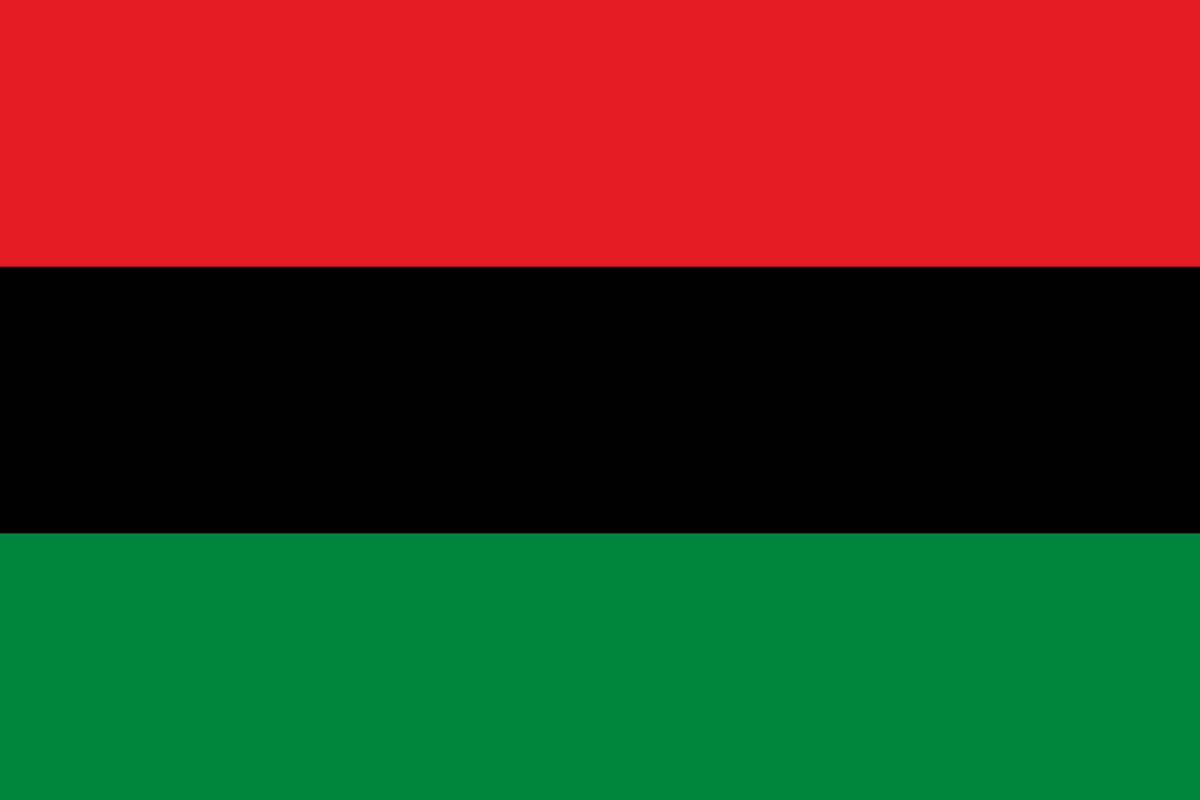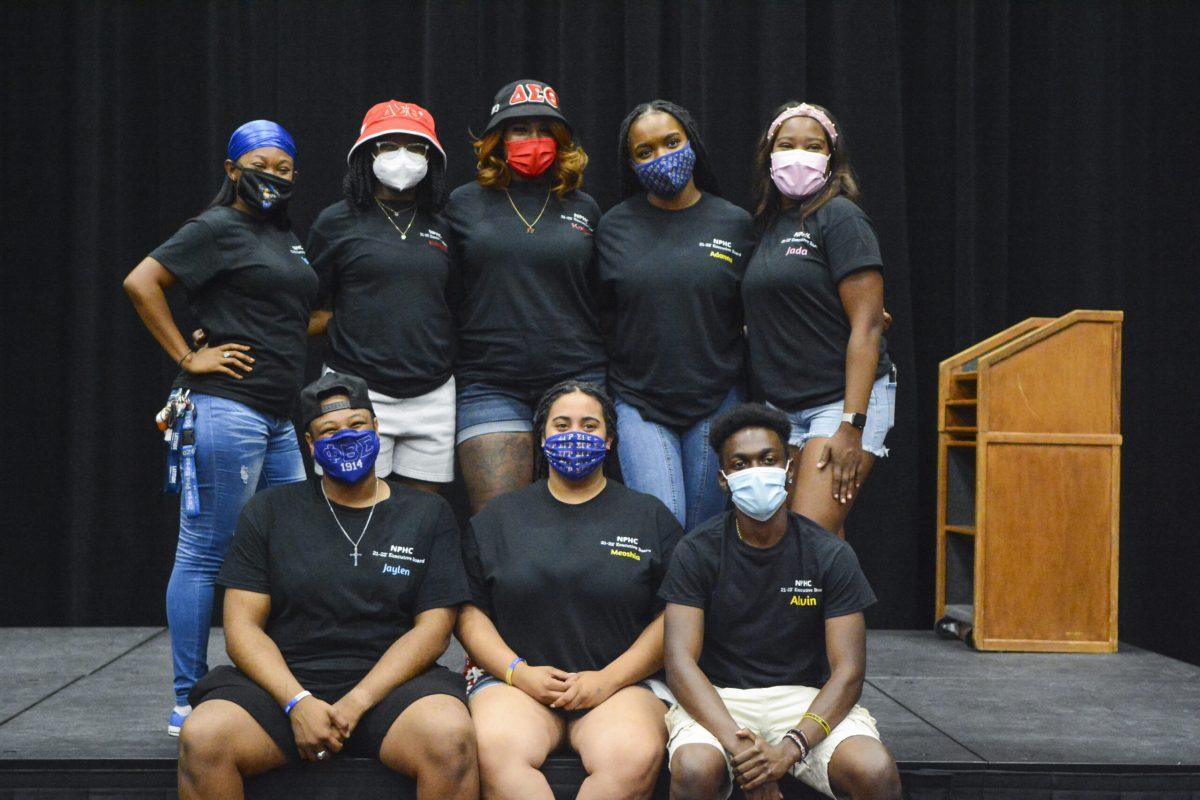Itching, burning, discharge, swollen vagina are the dreadful symptoms that most women have to endure when they encounter a yeast infection. For some, these symptoms reoccur after a weekly treatment, and for some they rarely have to experience a reoccurring infection. However, as much women hate yeast infections; there are ways to prevent and treat them.
What causes yeast infections
According to women.webmd.com, an online medical reference, these are factors that encourage an excess growth of vaginal yeast: use of antibiotics, being overweight, diets high in sugars, use of oral contraceptives, pregnancy, having diabetes, steroid use, the use of scented feminine hygiene products, douching,
Also according to herbalremediesinfo.com, a site used to gain information about the use of herbs, “The sexual transmission is one method many women and men aren’t aware of. Men can get penile yeast infections from a woman who has a vaginal yeast infection. Since the symptoms in men sometimes never show up even when the infection is present, the woman is treated and then re-infected when she has intercourse with her partner again.”
How to prevent yeast infections
According to Tracee Cornforth writer for womenshealth.about.com, these are several ways to prevent yeast infections:
Always wear white cotton panties. Nylon and Lycra may trap air and create a breeding ground for yeast.
Never use petroleum-based lubricants for vaginal lubrication during sexual intercourse. Always use water-based lubricants when vaginal dryness is an issue.
Always wipe from front to back after a bowel movement to prevent the yeast which normally inhabits the intestinal tract from being transferred to the vaginal area.
Eating one cup of yogurt a day helps some women prevent the yeast infections that often follow antibiotic treatment
Don’t use perfumed bath products or powders in the vaginal area, these can cause irritations which can lead to infection.
Don’t use douches! Douches wash away the natural protective mucous of the vagina leaving the vagina more susceptible to yeast and other vaginal infections.
Other ways to prevent yeast infections are: eat a balanced diet that does not contain too much carbohydrates, do not wear tight pants as these promote a moist environment for yeast to thrive,
What can you do to treat Candida
There are various over the counter medications, usually in the form of a vaginal cream that usually ends in -azole. Several kinds like monistat work to “block the manufacture of ergosterol, a crucial material of the yeast cell wall. Without ergosterol, the yeast cell wall becomes leaky and the yeast die” according to emedicinehealth.net, an online medical reference.
You can also treat yeast infections naturally by using yogurt, garlic or vinegar as vaginal suppositories.
Garlic can be taken by mouth in capsule form, and it will fight the fungus growth from inside your body. Garlic can also be taken in raw or cooked form with your food though, and this will work too.
Organic white or apple cider vinegar, is a great antiseptic. Add 1-2 tablespoons to one quart of filtered or mineral water. Use this as a douche at least once a day until the yeast infection is gone.
How Yeast Infections can become dangerous
Some females may not think that a reoccurring yeast infection may be dangerous, because they may find it to be fairly normal. However, according to emedicinehealth.com, an online medical reference, yeast infections that may be reoccurring may be a symptom of a disease: diabetes, leukemia, or aids. Yeast infections may also spread to throughout the body causing systemic candidal disease, causing up to 75% of people to die.
Seek medical help if:
If you have never experienced a yeast infection before, but you think that you may be having one, it is advised to go to a medical professional because what you think may be a yeast infection may actually be a sign of a STD. Also speak to your doctor if you are having reoccurring yeast infections as that may also be related to an underlying disease.






Natural Bath Products • Aug 28, 2009 at 11:42 pm
I had no idea that the use of antibiotics could cause you to have more yeast infections. There is some great info here. Thanks.